Processing
Fibres, yarns, fabrics or garments go through multiple processing steps to achieve the performance and aesthetic properties desired by brands and consumers. These steps can be broadly categorised into pretreatment, colouration and finishing. The processing stage can be lengthy, technically complex and consumes a huge amount of water, chemistry and energy, so optimising and finding new innovations is crucially important.
Projects

In conversation with Smartex: Explore Smartex’s AI-driven solutions transforming quality control and reducing waste
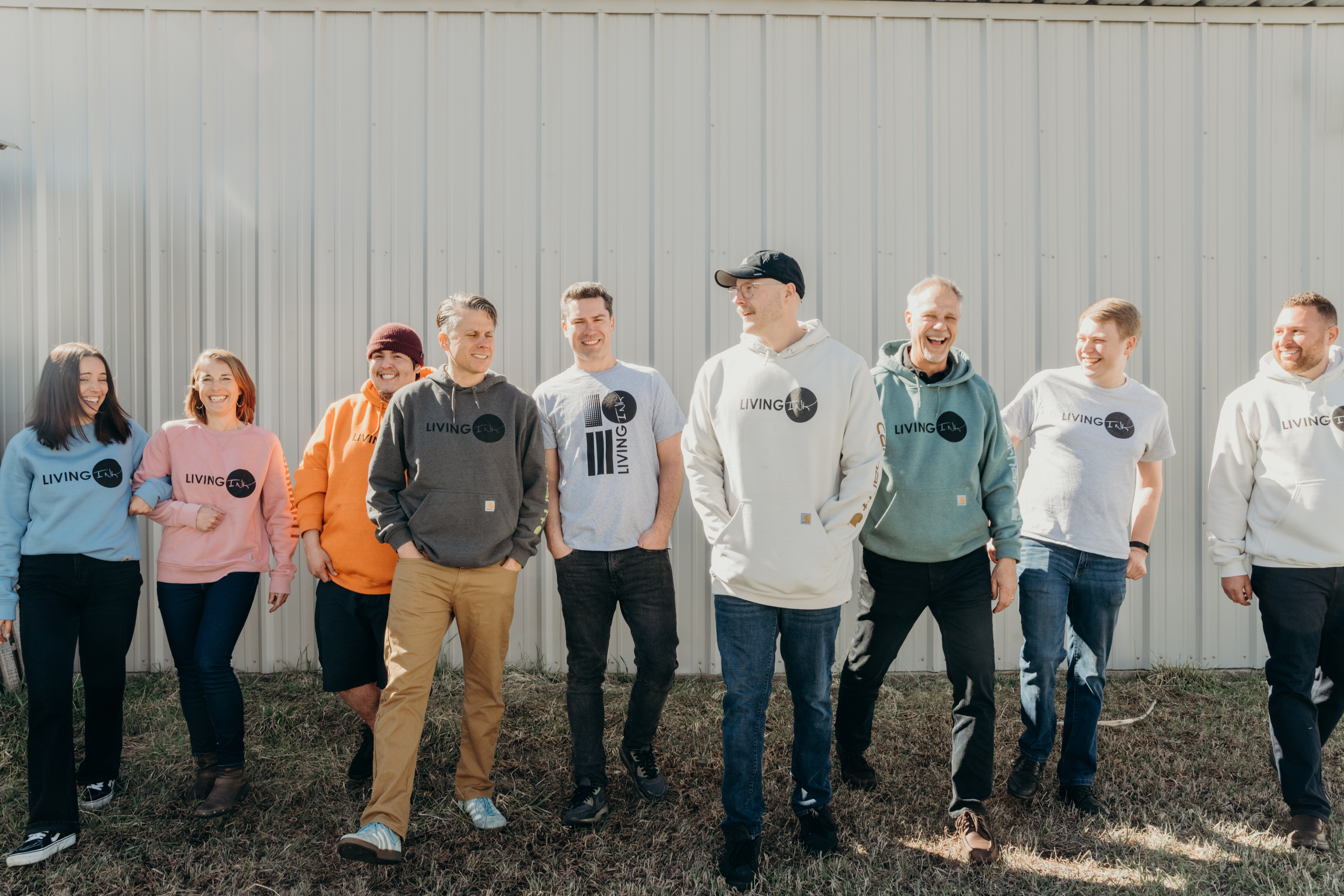
In Conversation with Living Ink: Turning Biomass Waste Into Value
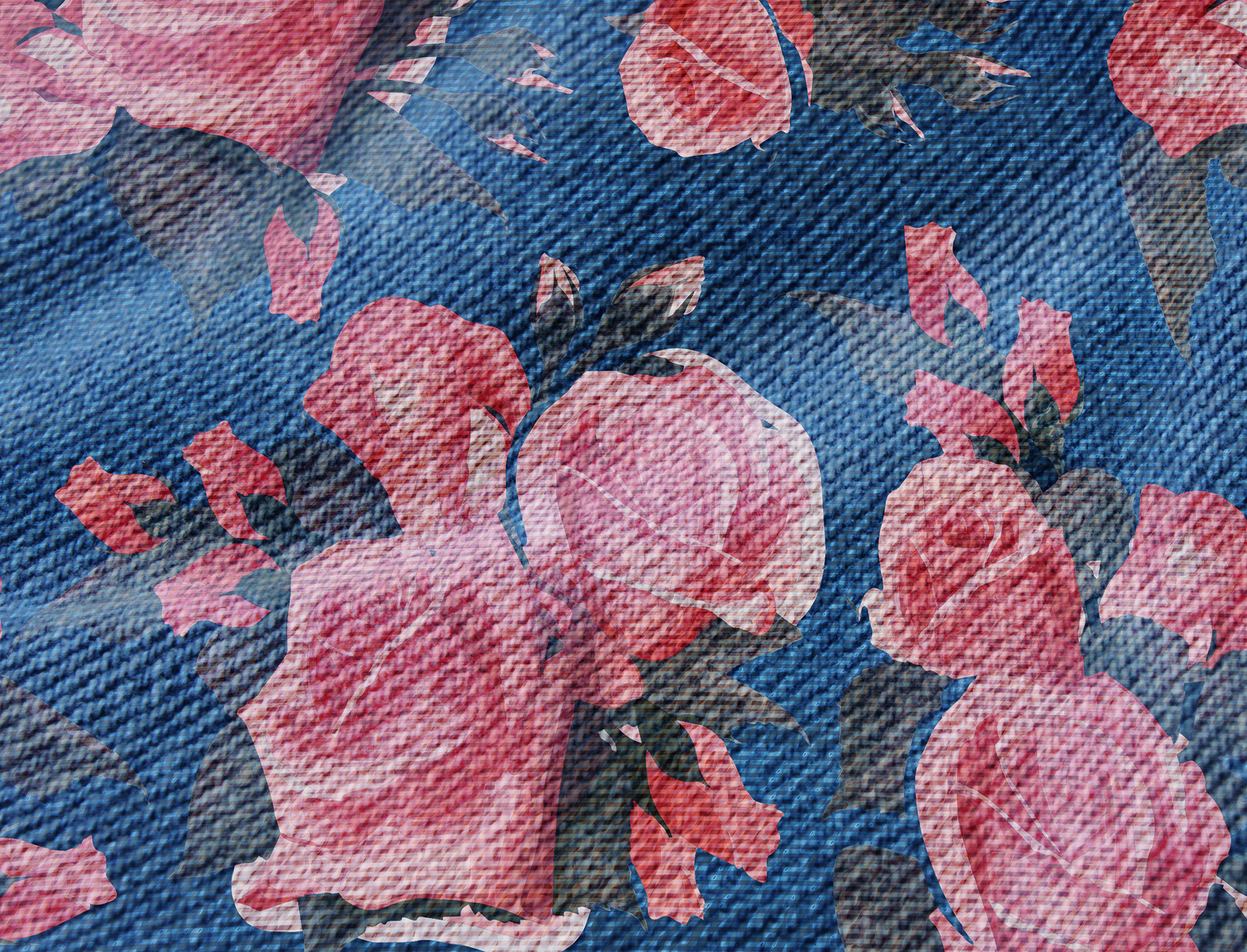
In Conversation with NTX: Pioneering Digital Dyeing

In Conversation with Alchemie Technology: Transforming Dry Processing for Textile Dyeing and Finishing
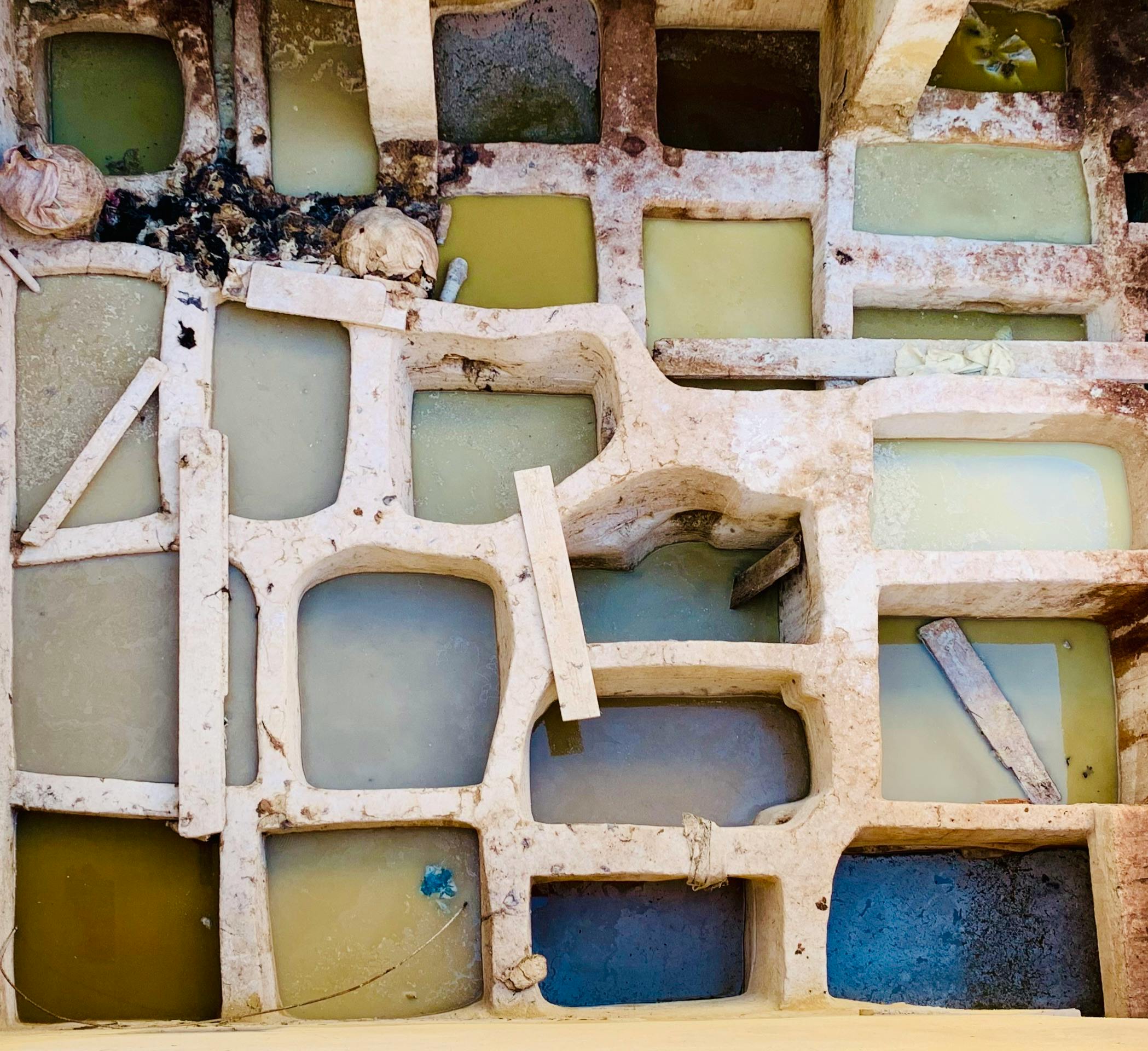
The Colourful Challenge of Textiles
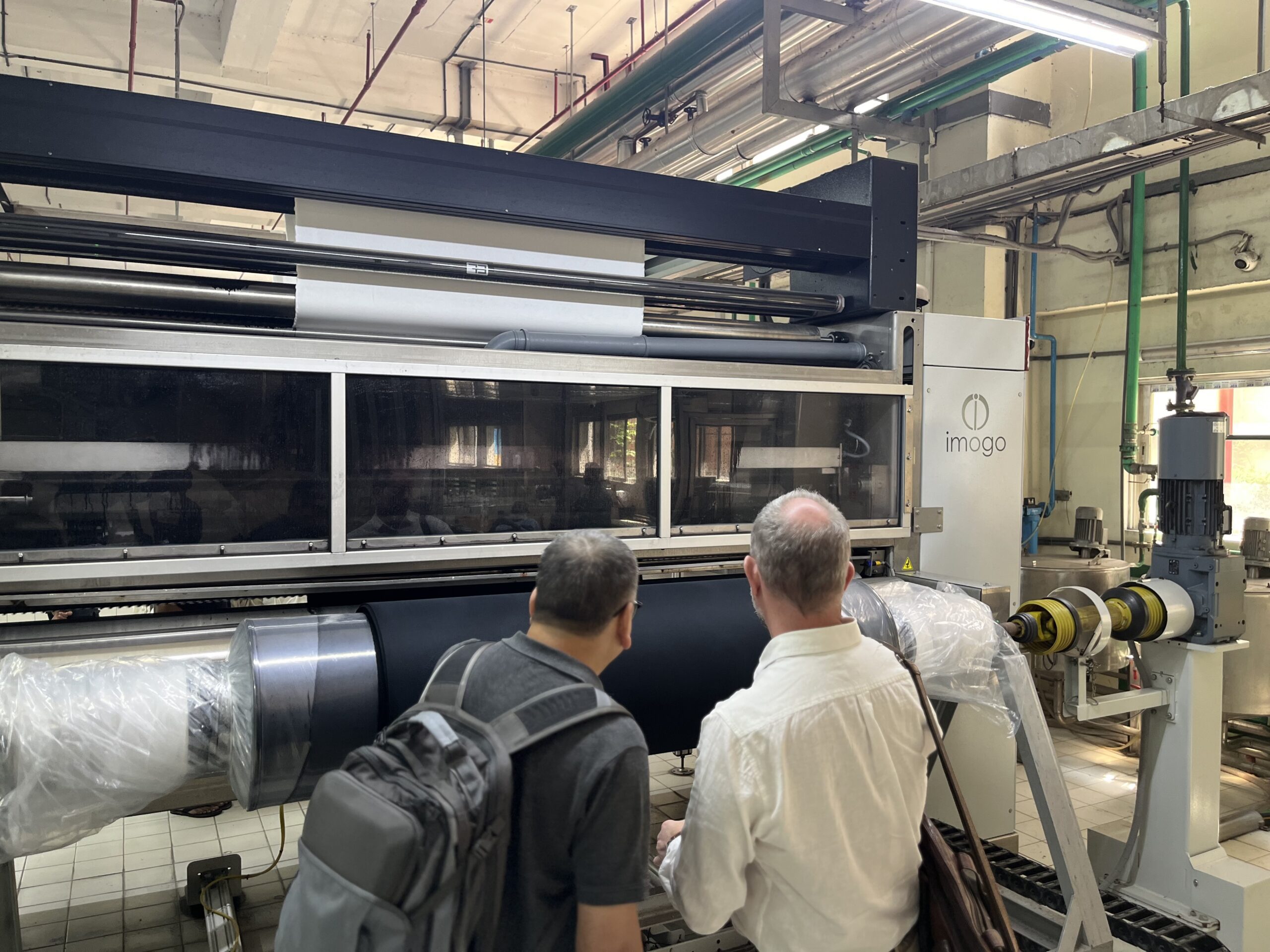
In Conversation with imogo: Reimagining Spray Dyeing

In Conversation with Colorifix: Revolutionising Textile Dyeing with Biotechnology

Startups Are Vying to Fix One of Fashion’s Fossil-Fueled Secrets
Transferring dye to fabric is incredibly carbon-intensive. Newer sustainable techniques, including coloring with carbon dioxide, may help.
Innovators

Lamoral Coatings
Lamoral commercialises a high-performance, bio-based, fluor-free coating to replace today’s PFAS coatings and improve current C-0 offerings. With a bio-based, PFC- and MEKO-free truly durable water repellent that protects garments and their users from the elements. (Netherlands)

CleanKore
CleanKore’s patented technology modifies the denim dye range to eliminate Potassium Permanganate spray, lower the carbon footprint & improve sustainability throughout the supply chain without increasing cost. (US)

GRINP
GRINP develops and produces machines using their proprietary atmospheric plasma technology. Their industrial machines can replace traditional pre-treatments such as bleaching. The technology can be used on any fibre. Founded in 2005, (Italy).

Dyerecycle
DyeRecycle has developed a technology that enables the reuse and recycling of dyes directly from textile waste for use in the dyeing of new fabrics. A patented solvent is used allowing for reduced chemical, water and energy usage, and the decoloured fabric/fibres can feed into recycling processes allowing new end of use streams. Founded in 2020 (UK).

Ever Dye
Ever Dye has developed a novel dyeing process with biobased pigments including a proprietary pretreatment, that allows for dyeing at room temperature on cellulosic yarn and fabric. The process utilises less energy than conventional dyeing and no use of petro-chemicals, and is also faster than traditional methods. Founded in 2021.
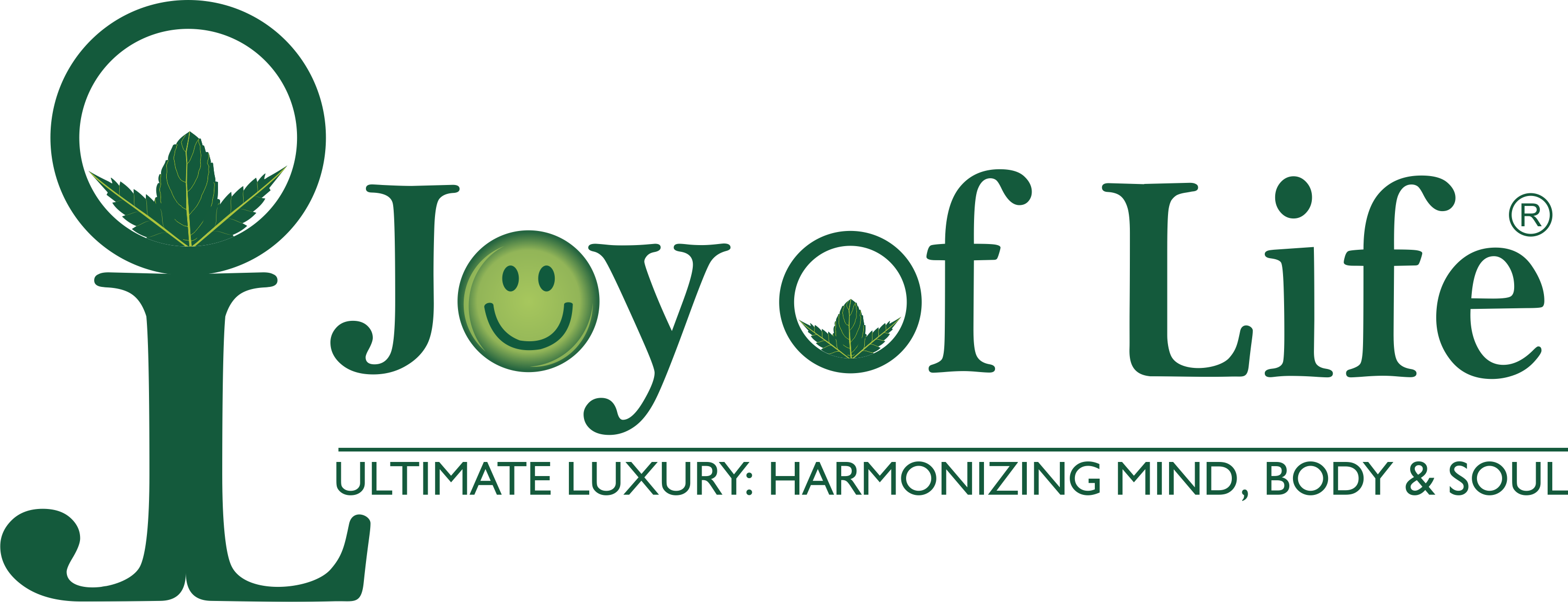
AN HERBALS
An Herbals has a patented circular herbal dye extraction, herbal dyeing and bioprocessing technology, that converts waste from the forest, food and ayurvedic medicine industries to dyes that are non-toxic with self-binding, antiviral, antimicrobial, antifungal, anti odour, UV resistant and mosquito repellent properties for up to 50 washes in all textiles. Founded in 2019 (India).
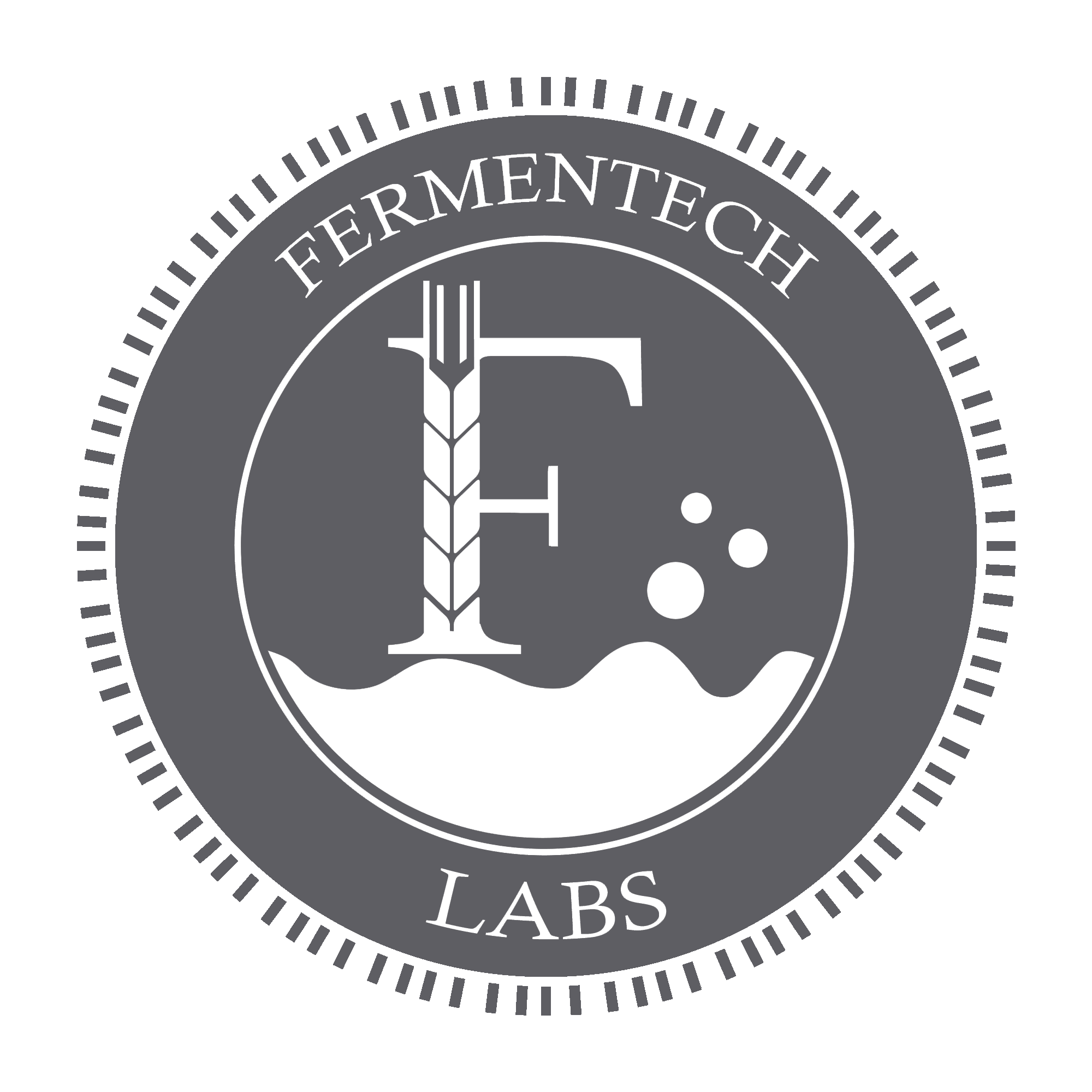
Fermentech Labs
Fermentech Labs is addressing the disposal of agricultural and forest residues, such as straw, peels and pine needles, through a patented biotechnology using microorganisms. They convert organic waste, otherwise destined for incineration, into industrial enzymes that are used for textile bio-polishing, desizing and bio-scouring and by utilising these sustainable feedstocks, support farmers to have an alternative income stream. Founded in 2017 (India).

Gaiacel
Gaiacel has developed a novel dyeing innovation to make industrial rope and slasher dyeing processes sustainable and cost-effective. Their patented nanocellulose hydrogel along with dye particles sticks to textile surfaces and eliminates the need for multiple dipping, indigo reduction and additional chemicals, making the process less water and energy intensive compared to conventional indigo dyeing. Founded in 2022 (USA).
Latest
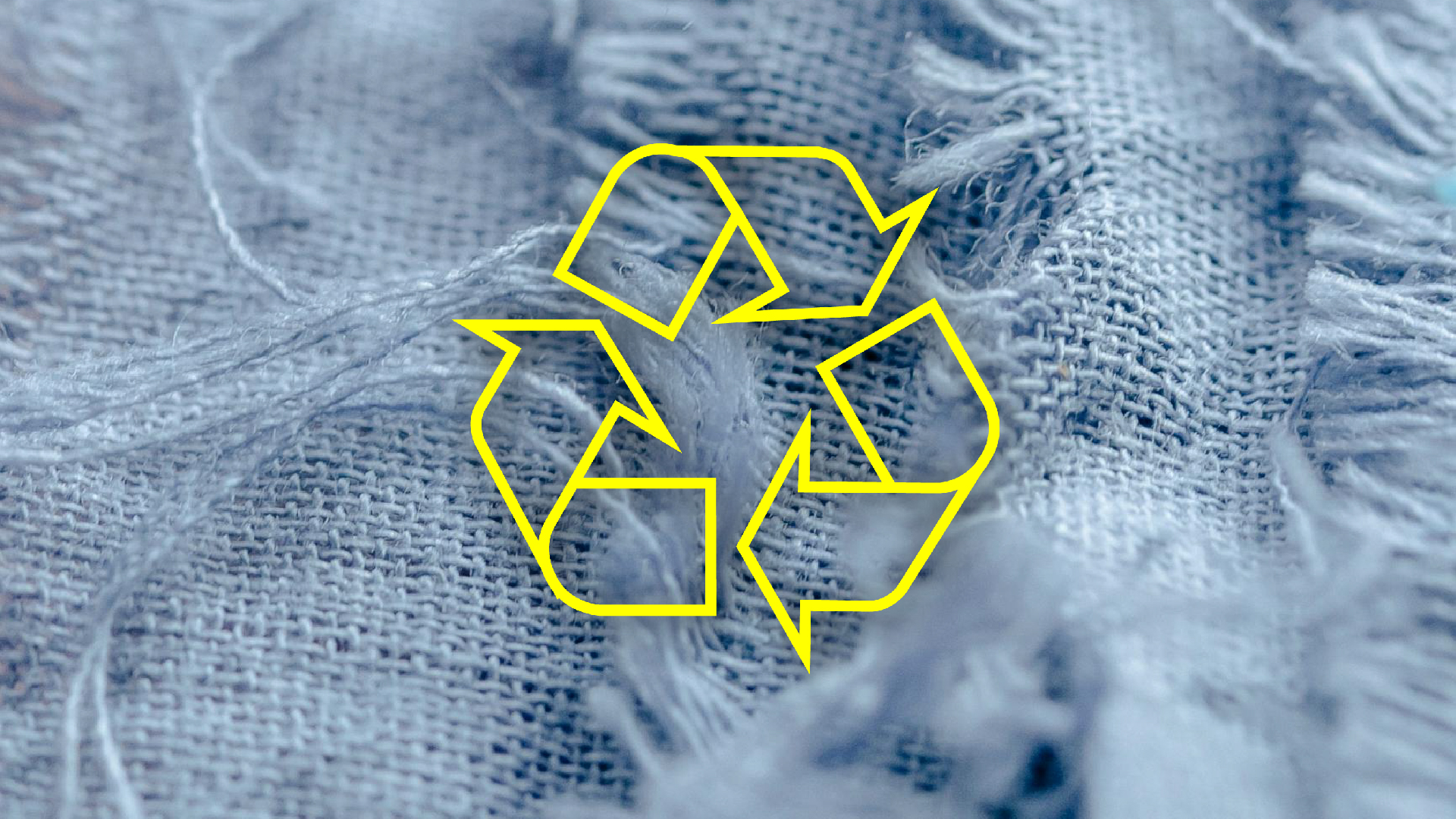
Fashion for Good and Textile Exchange Team Up to Trace Textile Waste

Amsterdam’s change champions: Meet Katrin Ley
Welcome to the I amsterdam interview series, where we spotlight trailblazing business leaders from the Amsterdam Area. Meet our first business leader, Katrin Ley, managing director of Fashion for Good who works to unite the world’s fashion disruptors towards regeneration in the textiles industry.


Six years of the Fashion for Good Museum: How to tell the story of sustainable fashion?
The Fashion for Good museum is closing its doors. After six years of putting sustainable textiles and fashion stories in the spotlight, the organisation Fashion for Good will focus on other initiatives. In an interview with FashionUnited, the organisation shares its insights.



Fashion for Good Museum Shares Key Lessons and Starts New Phase
The Fashion for Good Museum closes its doors today and shares a final report , in which all lessons and insights from the past six years are publicly shared on World Environment Day – Fashion for Good remains committed to a sustainable fashion industry through their Innovation Platform. [DUTCH ARTICLE]
